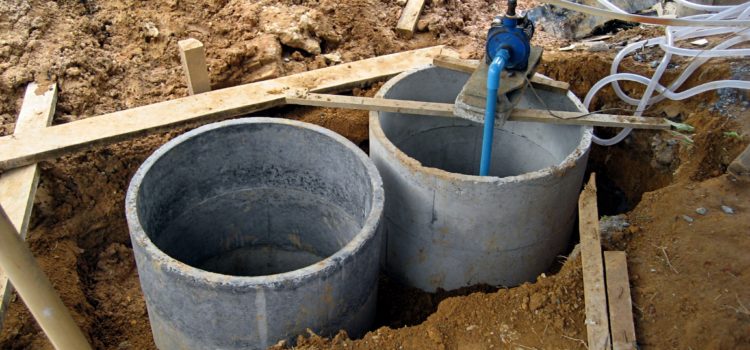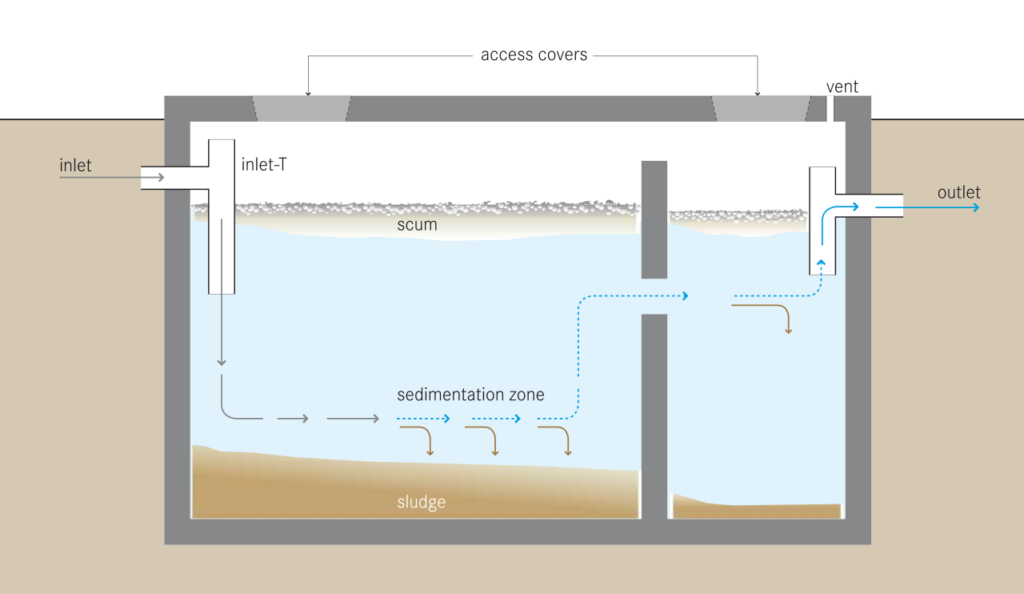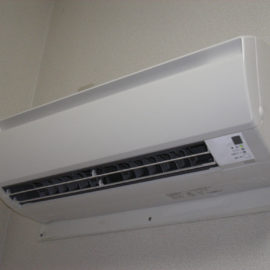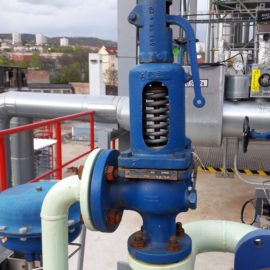
A drain clog is the kind of issue that you can avoid. It brings a lot of stress because it takes time to find a plumber while things have started to stink. Further, you’ll have to wait for his arrival and be there during his working time at your place. You can also end up with a bill that skyrockets! What you put in the drains is critical to your septic system. A few usage habits can save you all those stresses. You can also have your drain inspected and pumped at least once a year.
In this post, you will learn how to use your drains without any issue cropping up.

1. Do you dispose of solids in your drain?
No matter the size, solid items can build up and clog drains. This can further lead to clogging your septic tank. Solid items won’t sink down to the bottom of the tank with the rest of the solid waste. Instead, they’ll float to the pipes that lead out to the drain field. If they enter the drainpipes, they will block the drainage system. It will become difficult for the septic system to carry away your waste.
It is good practice not to send any solid other than human waste and toilet tissue paper down your septic tank. You should not flush cotton balls, toothpicks, kitchen paper towels, and wipes.
Even if some foods are not in a solid state, you should not dispose of them in the sink. For example, mash potato, tomato puree, porridge, cooking oil, among others.
2. Do you allow chemicals to go down the drain?
People do not usually think about this, but the septic system functions with its own microbes. They help in breaking down waste, making it easier for the waste to pass through the drains and septic tanks. Once in a while, it is OK to unclog the drains with some commercial chemicals available at your local store. But, you do not need to add chemicals all too often into the drain system.

3. How much water goes down there?
Bear in mind that too much liquid can also be a problem. The amount of liquid your septic system can handle at a time depends on its size. It also depends on how many people your system can process. You can get this information from the county records in your locality. Be careful not to use an excessive amount of water when the septic system is already overworked. For instance, don’t do a month’s worth of laundry during a record rainfall.
For more information and tips, jot down your comments in the section below. I will be happy to reply.




Pingback:How to Unclog Pipes Blocked by Limescale - Plumbers services